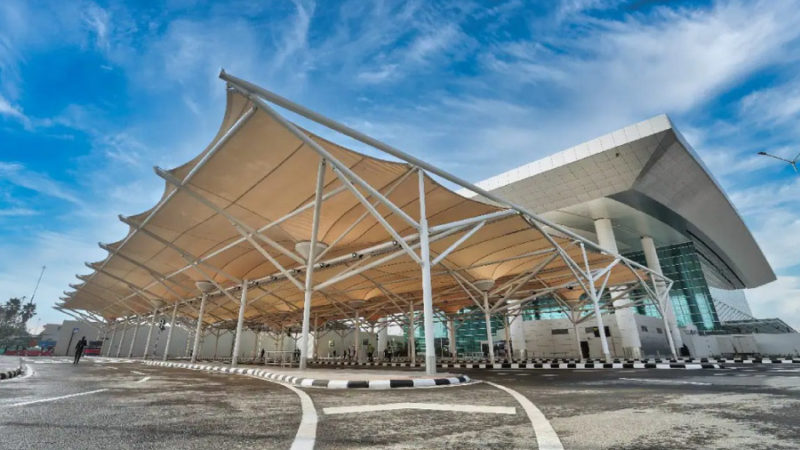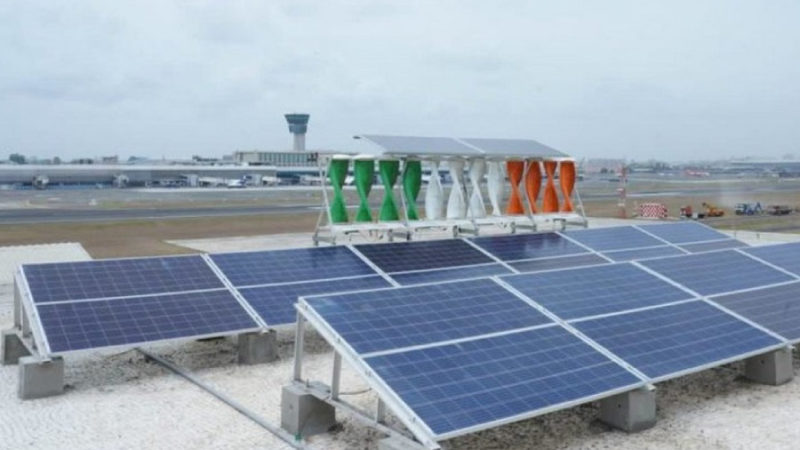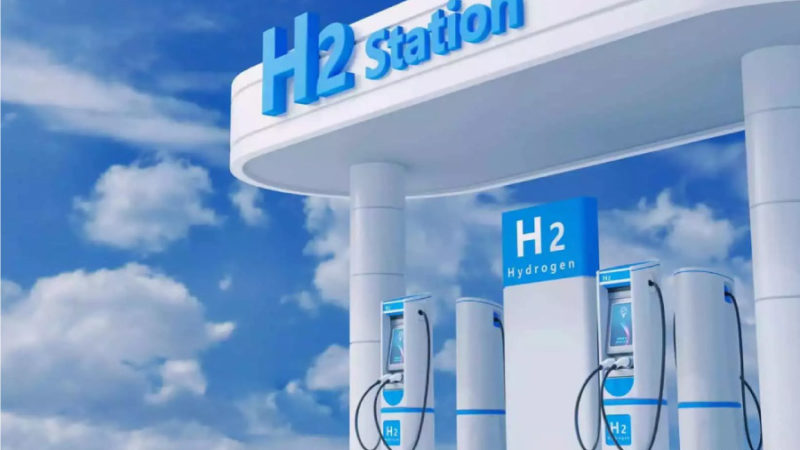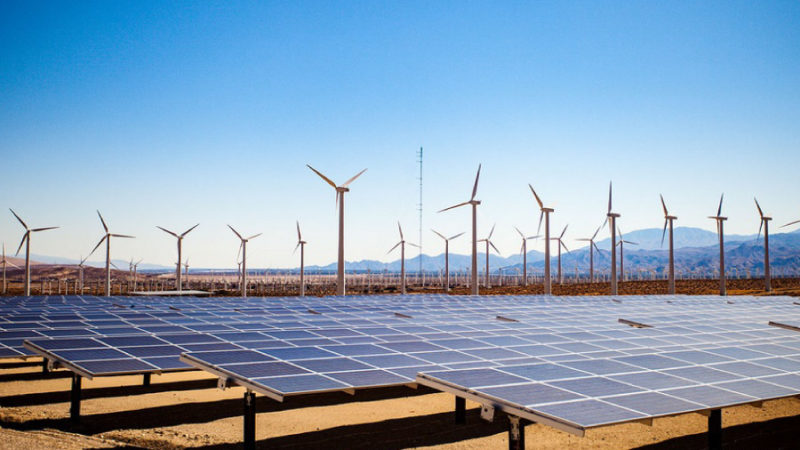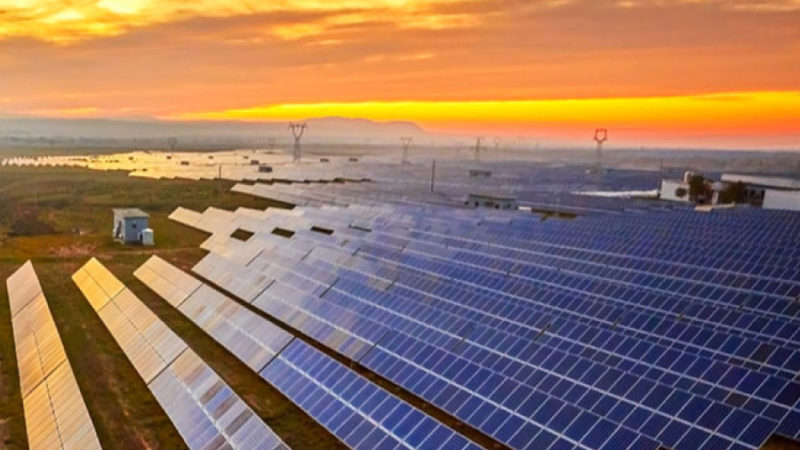Indian Railways first pilot solar power project set up in Bina to run trains
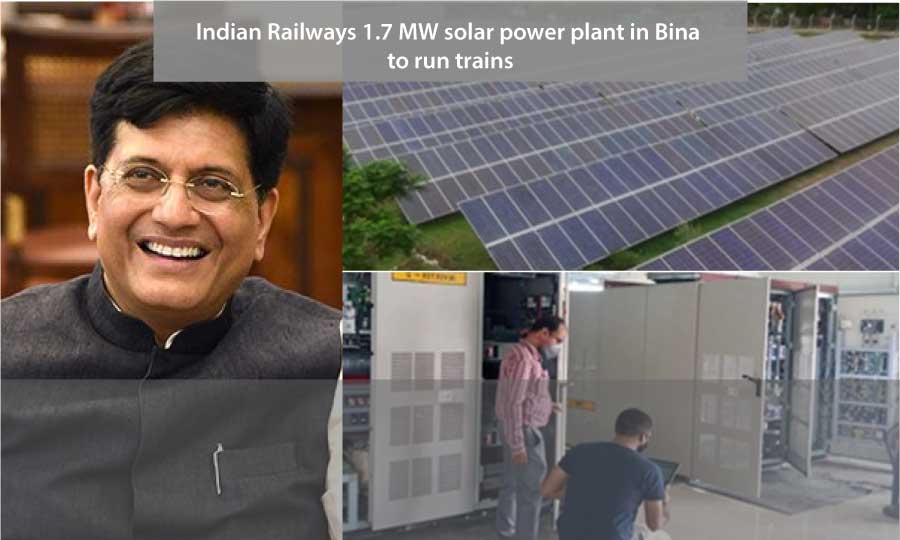
Indian Railways has set up a 1.7 MW solar power plant in Bina, Madhya Pradesh. The energy to be generated from this solar power plant will be used to run trains.
In collaboration with Bharat Heavy Electricals Limited, Indian Railways has set up a 1.7-megawatt solar power plant in Bina, Madhya Pradesh as a pilot project. Indian Railways is going to use the energy generated from this solar power plant to run trains.
The foundation of the Bina Solar Energy Project was laid in November last year. The testing on the project started last month after the completion of its installation. The entire design of this plant has been done by BHEL in consultation with Indian railway engineers.
Benefits of 1.7 MW Bina Solar Project
The plant would step up the voltage of 25,000 volts through transformers on the overhead transmission lines. The power supply from the plant will be in synchronization with the 25kV overhead line of the Railway. This will power the traction system of the trains.

This 1.7 MW Bina solar power plant will save INR 1.37 crore annually for the Indian railways. The pilot project is currently under extensive testing and trails as Indian Railway plans to commission the project in the next 15 days. Indian Railways shall be the first transport entity to be energy self-sufficient, using solar energy in its operations.
Way forward
Indian Railway is working on many such projects utilizing vacant land for setting up solar power network all over India. This new idea of Indian Railways to construct solar projects along operating railroad lines will help to avoid encroachment problems.
In addition, this will aid in increasing train speed as well as safety, while minimizing the maintenance costs through direct solar injections into the traction system.
Indian Railways target to transform itself as ‘Net Zero’ Carbon Emission Mass Transportation Network by 2030.



